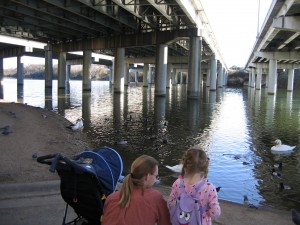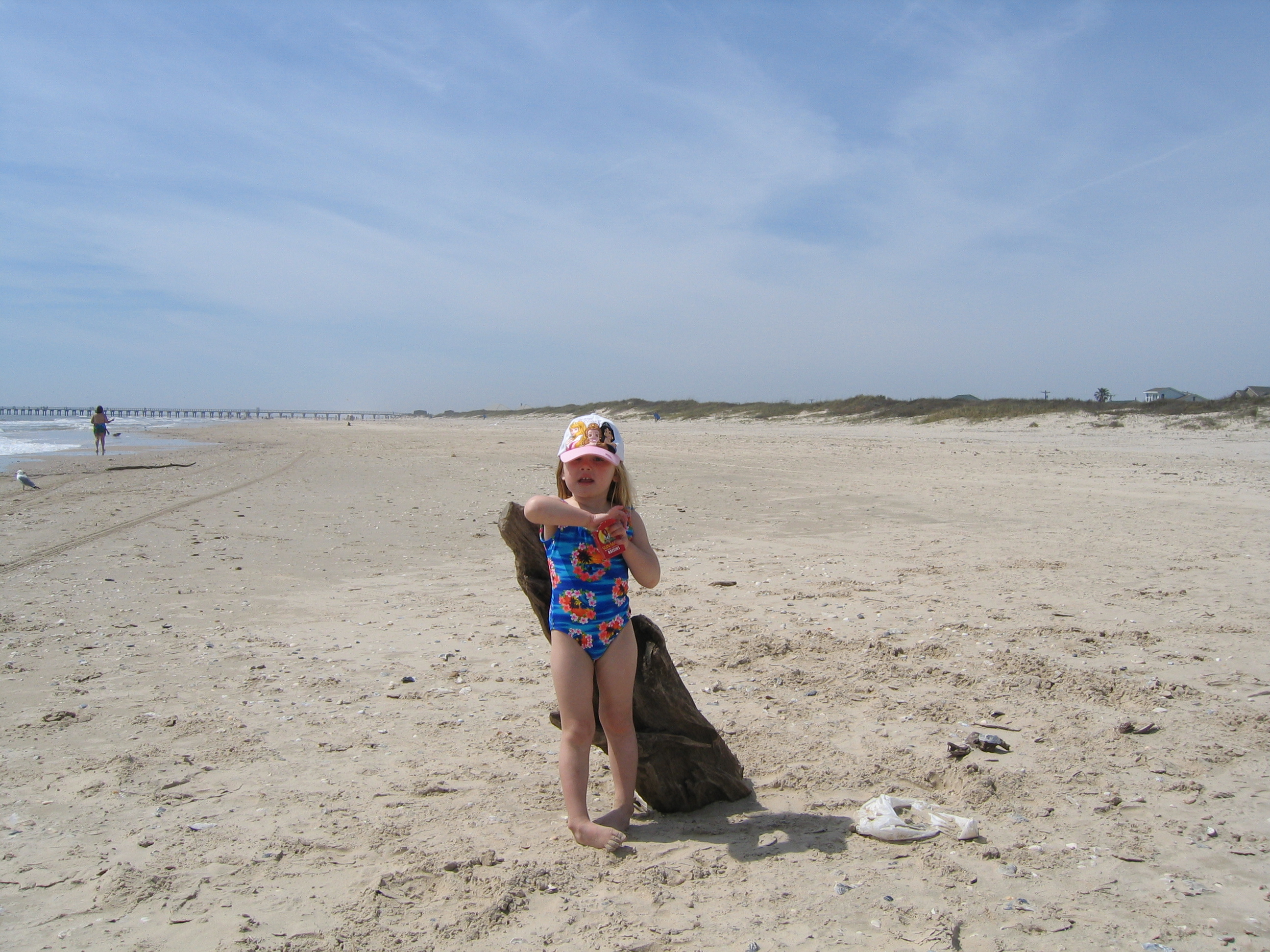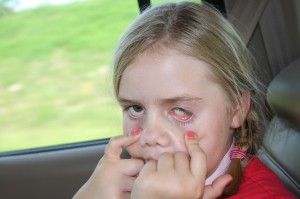March 13, 2011
 Ahhh, the joys of spring break. Yes, I have heard the, ‘must be nice… no one gives me a spring break’ and the ‘I remember when I was in college and got a break’ and the nearly audible hmphhs. All come from those who have not recently been in a college classroom as a teacher or student.
Ahhh, the joys of spring break. Yes, I have heard the, ‘must be nice… no one gives me a spring break’ and the ‘I remember when I was in college and got a break’ and the nearly audible hmphhs. All come from those who have not recently been in a college classroom as a teacher or student.
First, there is no clock, no ‘9 to 5’ or even ‘8 to 6’ timeframe associated with being part of higher education…not for students and not for professors. With email and texting and online course access, this reality has become even more starkly evident. I post content for my classes at any time of the day or night. Students email me their questions and update me on their status 24 – 7…
Now, if all that was involved in a college education was the time spent in a college classroom, plus the 3 hours to every one hour of in-class meeting for a student to earn an ‘A’ and a professor to prepare for that hour of class [this includes such things as planning and preparing the syllabus and course materials and exams, meeting with students online and face-to-face, grading their work]–that alone would be a lot.
For students, most students take 15 credits. For one three credit class, they will be in the classroom about three hours a week…so 15 hours for 15 credits. Add to that 15 times 3 or 45 hours for students working toward ‘A’s and…you get to 60 hours rather quickly. Add to the original 15 hours, 2 times 15 — two ours of time outside class for each hour spent in class found to be the average time necessary to earn ‘B’s…and you get to 45 hours a week…
And I don’t know a single student who doesn’t work outside the ‘job’ of being a college student. So add the number of hours that a student works in a paid job each week. Add to that the time spent volunteering and/or being a member of organizations that are part of community… Most college students spend hours every week in this role as well. Penn State “is the home of the largest student- run philanthropic even in the world”–THON [http://giveto.psu.edu/s/1218/index.aspx?sid=1218&gid=1&pgid=439]. Student commitment of time to this event is a yearround activity…
For professors, most tenured professors at institutions such as Penn State teach 6 credits a semester. This is considered to be 1/3 or 33% of their work expectations… When evaluated each year, 33% of the evaluation is judged by the teaching activities. So, 6 times 3 = 18, plus the 6 hours of time in the classroom…24 hours. [I find that three hours per credit hour of instruction I provide does not adequately cover the workload. Class sizes have grown and being more accessible through technology takes time, too.] But at any rate, if we hold to the idea that 24 hours is sufficient — on average across a semester to fulfill teaching responsibilities, that still suggests that 3 x 24 or 72 hours will be necessary to fulfill basic expectations. And, in truth, that is about what it takes… Often, more. We are evaluated for our research contributions as 50% of our work… There are no good explanations I can point to in order to explain what it means to do research…and be evaluated on it. I can say that knowledge as one of the greatest assets that the U.S. has comes from a systematic process that is judged by others, and that without it–well, where would we be?
So, yes, when spring break comes–I look at my desk…piled high from the semester’s activities to that point…and I make a commitment to try to see the surface before we begin classes again. I seldom make it. I didn’t make it this time either… But I feel ready to tackle it all anew… and that is why spring break is good for health…














